Monitoring our Reefs
 August 1, 2016
August 1, 2016
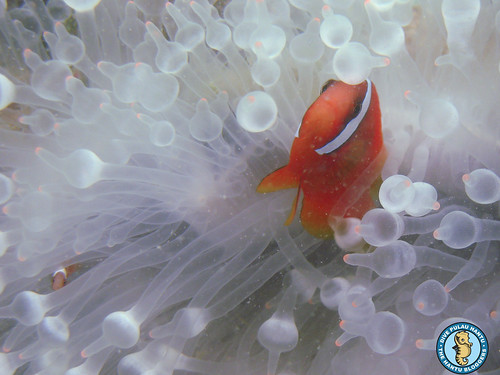
A handful of our volunteer reef guides are being trained in Reef Check techniques that will equip them with the necessary skills and knowledge to help local scientists monitor our reefs. The first workshop and field trip was conducted in June and it was an opportunity for our guides to pay careful attention to the coral forms and the condition of our reef, while gaining experience in setting up reef transects with our volunteer trainers and instructors Jeffrey Low and Toh Chay Hoon.
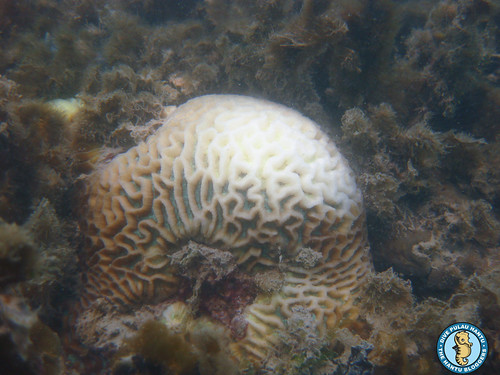
Jeffrey explains that surveys are useful for gathering information for mapping resources, determining conservation status, observing long term trends, managing impact, and to develop education and awareness. Surveys help us answer the questions: What is there? How much? How are they doing?
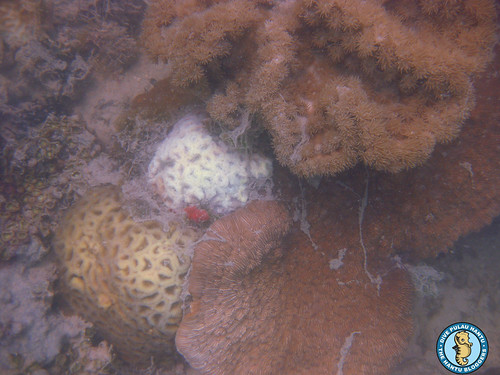
Our surveys will include a description of the site, including human impacts (or lack thereof), presence of bleaching, presence of sessile (fixed in one place) or benthic (found on the bottom of the sea) organisms, type of coral life forms (massive, foliose, encrusting, etc.), and the types of substrate (sand/silt/rubble, etc.)
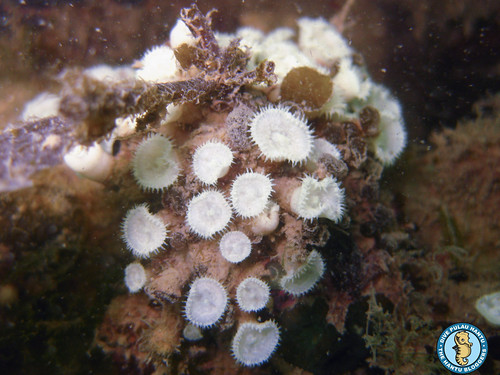
Our surveys will record the percentage cover of hard corals at the reef crest and reef slope, and the presence of other invertebrates such as soft corals, zooanthids, and sponges.
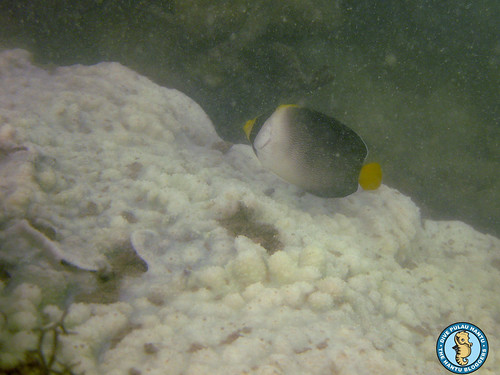
Although the presence and abundance of corals is the focus of our survey, we will also be surveying targeted species of fish that can be used as indicators for the health of the reef.
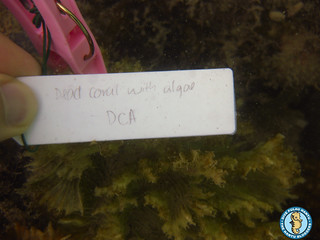
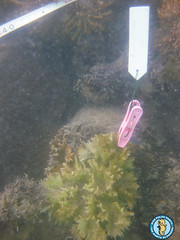
We found that one of the most confusing aspects of the survey was discerning the difference between dead coral and coral rubble! Dead coral basically is still an intact skeleton, but coral rubble has already been weathered and broken down into bits. It is often also covered with a layer of algae.
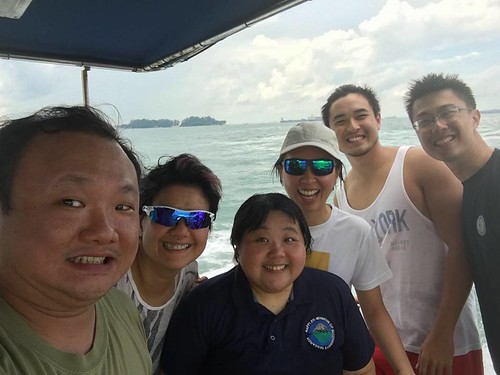
There are many more skills to develop and the only way to get good at it is to keep practicing! The Hantu Blog will be conducting a series of these workshops to help our volunteers grow and develop their skill set so that we can help gather more information to help us understand and manage our reefs better! If you would like to join the Hantu Blog as a reef guide, email us!
 Posted in
Posted in 



 content rss
content rss
January 12th, 2017 at 12:13 pm
Interested in volunteer helping. I’m an advanced open water diver, but not sure what I can do to help.
January 20th, 2017 at 2:47 pm
Hi Luke, you can definitely sign up as a volunteer dive guide with us as an AOWD. There are some training dives and reef ecology/biology worksheets you’ll have to do to help you become familiar with local reefs and wildlife. Email us at hantublog [at] gmail [dot] com with your questions. Unfortunately, it’s too late to join the training as a Reef Check volunteer as classes and practical lessons have already started. In the future perhaps!